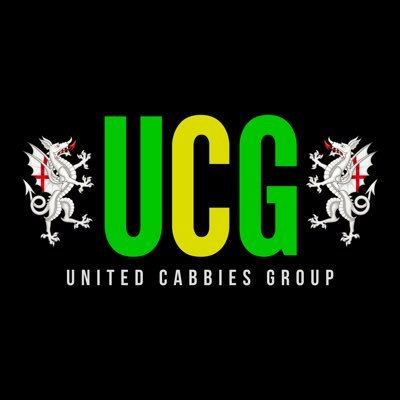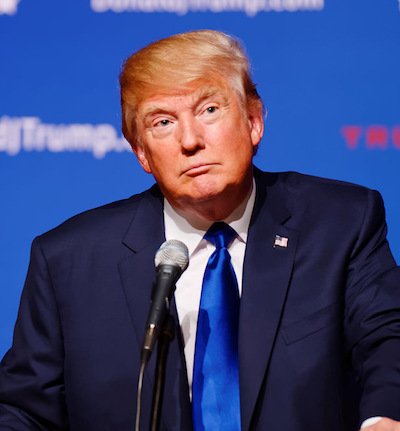United Cabbies Group
Category: Taxi Group
The United Cabbies Group (UCG) was formed in 2010 by licensed taxi drivers who were “frustrated by the way the trade was being treated”, according to its website. Its committee is composed solely of working taxi drivers.
Although the UCG has said it is committed to reducing air pollution, it has opposed various measures introduced as part of London’s Ultra Low Emission Zone. It has also organised protests against schemes designed to restrict vehicles from certain parts of London. It has claimed cycling infrastructure and 20mph speed limits cause congestion and worsen air pollution.
The group is active in lobbying policymakers, stating on its website that it has “spent the past two years lobbying on behalf of the trade in the Commons and the Lords and will continue to do so”.
It has strongly opposed the operations of ride-hailing company Uber, calling for its license to be revoked. In 2019, it lost a legal challenge claiming that a judge who granted the company a short-term permit was biased.
Funding
The UCG is a registered mutual society but has not published any financial reports.
Air Pollution Lobbying
The UCG has expressed support for improving air quality in London, with its General Secretary Trevor Merralls saying in a 2019 article the taxi trade was “committed to reducing its contribution to NOx [nitrogen oxide] emissions, and meeting its obligation to reduce these harmful levels of emissions to help clean up the air all Londoners breath”.
However, Merralls also argued that the “majority of the trade cannot afford” electric taxis and said it was “totally opposed” to a proposal to reduce the age limit on older taxis from 15 to 12 years, designed to accelerate the transition to cleaner vehicles. He claimed it would have a “massive detrimental impact on the trade”, reducing the second-hand value of taxis by tens of millions of pounds and putting “many drivers’ future financial security at risk”.
The group instead recommended retrofitting older Euro V diesel taxis and converting vehicles to liquefied petroleum gas (LPG). LPG can help reduce emissions but most petrol stations do not sell it. A scheme in Birmingham in 2016 converted 63 diesel taxis, costing £8,000 each.
LPG conversions have also been criticised by the Licensed Taxi Drivers’ Association, London’s main taxi association, as being a “halfway house” and a “short term measure”, with conversions having been “historically unreliable”.
In 2018, it criticised Hackney Council for restricting diesel taxis from using several roads in the Shoreditch area, arguing that the taxi trade had not been given “time to adjust”.
The UCG has organised protests against both the growth in private hire vehicles (PHVs) in London and the city’s air quality strategy, claiming that the “improper actions and policies of [Transport for London] are causing widespread gridlock and congestion all day every day throughout London”. Elsewhere, it has blamed London’s air pollution on traffic management and transport policies implemented by TfL, which it says are causing the city to “grind to a halt”. It has also claimed cycle lanes “increase pollution not lower it” and that 20mph speed limits “cause about 30% more pollution”.
In 2017, the group organised a blockade in protest at plans to restrict vehicles, including licensed taxis, from accessing Bank station.
In response to a consultation on proposals for licensed taxis and PHVs under the Ultra Low Emission Zone (ULEZ), the UCG opposed setting a “zero emissions capable” standard for new licensed taxis from 2018, but supported it for PHVs. Along with the company Autogas, which supplies automotive liquified petroleum gas, the industrial union GMB, and carmaker Toyota, it said the date was too early.
The UCG was one of only two stakeholders who opposed the retrofitting of 400 Euro V buses, the other being GMB.
In 2014, the group tweeted that the ULEZ was “another hair brained scheme created by @MayorofLondon to dupe Londoners”.
The group also opposes a planned levy on drivers accessing Heathrow Airport to reduce air pollution and has worked with fellow taxi associations the LTDA and LCDC, and unions Unite and RMT, to challenge the plans.
Key Arguments in Order of Prominence
- Reducing the age limit on older taxis will damage their resale value and threaten drivers’ financial security
- Transport authorities should be encouraging older diesel taxis to be retrofitted to meet the latest standards
- Transport authorities should be encouraging older diesel taxis to be converted to run on liquefied petroleum gas (LPG)
- Most taxi drivers cannot afford electric vehicles
- Schemes preventing diesel vehicles from accessing roads should give the taxi trade more time to adjust
- Cycling infrastructure and 20mph speed limits increase pollution
- Traffic restrictions are causing congestion and therefore more pollution
Key Actions
January 2017
The UCG organised a blockade in protest at plans to restrict vehicles, including licensed taxis, from accessing Bank station.
Related Organisations
Social Media
- @UTAG17 on Twitter.





